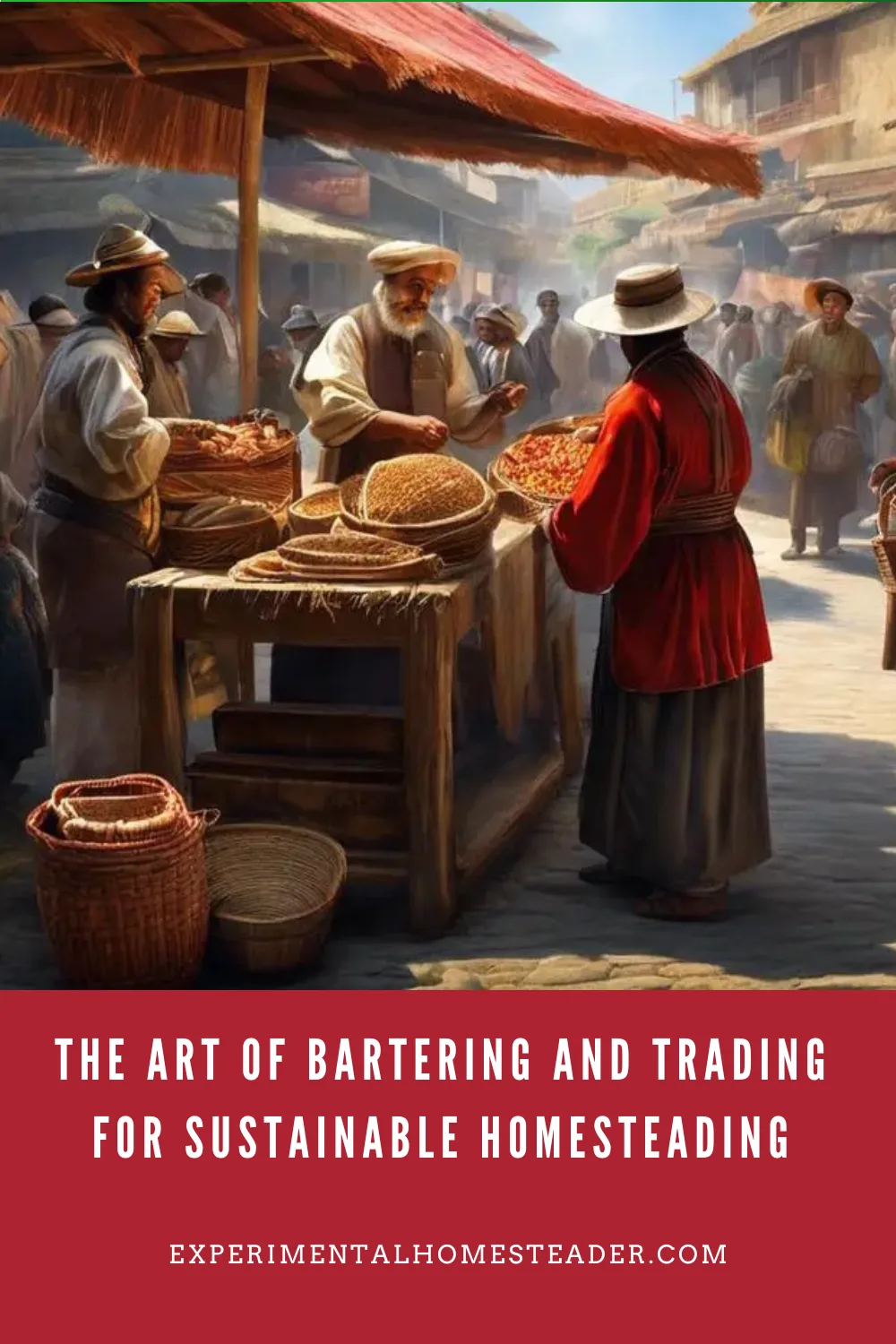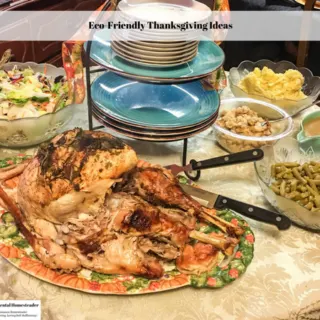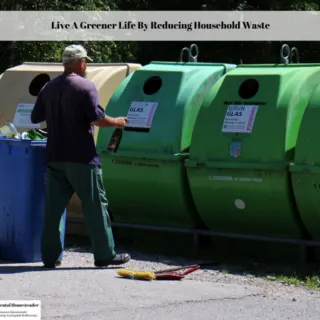Bartering and trading for sustainable homesteading might seem old-fashioned in today's digital world, but it’s still a cornerstone of self-sufficient living for us homesteaders.
This practice is a fantastic way to build friendships, sharpen our negotiation skills, and swap valuable resources, all while adding a rich layer to our rural lifestyle.
We’ll dive into the nitty-gritty of determining the value of goods, understanding fair exchanges, and fostering good relationships with our trading partners.
It's all about making the most of what we have and creating a supportive community through bartering and trading.
Basics of Bartering and Trading
Whether you're a homesteader who's been living off the land for years or just beginning your journey, you've probably realized that mastering the art of bartering and trading is truly invaluable.
Not only does it support sustainable living, reducing reliance on consumerism, but it also fosters a sense of community.
However, there are some essentials every homesteader should know when it comes to bartering and trading.
It's important to understand the basics before you begin.
Bartering and trading involve a direct exchange between parties, where generally no money changes hands.
Homesteaders often engage in this practice to acquire goods or services they need, while conversely offering what's in their abundance.
From homegrown vegetables, handcrafted furniture, to livestock, and even skills or time, the bartering options are endless.
Here are some key tips for successful bartering and trading.
Good Communication
- Clarity is Key: Be clear about what you are offering and what you expect in return to prevent misunderstandings.
- Mutual Benefit: Aim to create mutually beneficial arrangements. Fair dealings lead to more future transactions.
Bundling Strategy
- Offer Bundles: If you have an excess of a particular item, offer it in multiple quantities in exchange for something of higher value.
- Encourage Larger Trades: Bundles help offload surplus items and promote larger exchanges.
Understanding Perceived Value
- Perception Matters: The value of an item is often based on perceived value rather than its price tag.
- Be Creative and Flexible: For instance, a dozen backyard eggs might be worth a homemade loaf of bread to someone who values organic, locally-sourced produce.
Patience and Trading Chains
- Be Patient: Immediate direct trades might not always occur. Bartering can involve a chain of trades.
- Trading Chain: This may involve multiple parties and could take time to complete. A rich and active local trading community makes this process smoother.
Trust and Reputation
- Build Credibility: Trust and reputation build over time through fair trades and respect.
- Maintain Integrity: Treat others with respect and conduct fair trades to enhance your credibility as a reliable trader.
Legal Considerations
- Know the Laws: Depending on your location and what you’re trading, there might be legal considerations.
- Research Locally: Ensure you are operating within the law by researching local regulations.
Getting the hang of bartering and trading may take time, but don't be discouraged.
With each exchange, you're not only gaining necessary items or services but also contributing to a compassionate, environmentally-friendly, and closely-knit community.
Once you start participating in this age-old practice, you are sure to see the benefits and transformation it brings to your homestead!
Benefits of Bartering and Trading for Homesteaders
Mastering the art of bartering and trading comes with significant advantages for homesteaders, especially in these technologically advanced and economically fluctuating times.
It encompasses more than a simple exchange of goods.
It's a lifestyle that thrives on community building, resourcefulness, and the practice of sustainable living.
Quality Over Quantity
- High-Quality Goods: Homesteaders often pour their heart, time, and efforts into producing high-quality items.
- Generous Trades: A skilled homesteader might produce fewer items, but these can command more generous trades compared to mass-produced commodities. The value in bartering comes from honest and skillful work, which is increasingly appreciated in today's marketplace.
Negotiation Skills
- Strengthening Bonds: Learning the art of negotiation plays a vital role in bartering and trading. It strengthens community bonds, creating a network of interconnected homesteaders.
- Enriching Experience: Each successful trade enriches the homesteading experience and fosters communal growth.
Identifying Community Needs
- Proactive Mindset: A skilled homesteader can anticipate community needs and plan their production accordingly.
- Trading Advantage: This proactive approach makes the homesteader a pivotal part of the local trading ecosystem.
Resourcefulness
- Use and Exchange Value: Understanding the ‘use value’ and ‘exchange value’ of goods is crucial.
- Maximizing Resources: Resourcefulness allows homesteaders to use their surroundings to their best advantage, often with minimal environmental impact.
Flexibility
- Open-Minded Compensations: Bartering and trading don't always involve strict quid pro quo exchanges.
- Accumulating Diverse Goods: Flexibility allows homesteaders to accumulate a diverse range of goods and services over time.
Respecting Local Customs
- Building Trust: Knowledge of local customs, traditions, and respect for communal life benefits the skilled homesteader.
- Ensuring Future Trades: Respecting local norms deepens trust with neighbors, ensuring successful future trades.
Embrace Bartering And Trading For A Thriving Homestead
Mastering bartering and trading is not just a means to sustain a homesteader's lifestyle.
It builds stronger communities, cultivates resourcefulness, and promotes sustainable living.
It fosters relationships, turns neighbors into allies, and solidifies the essence of community living that homesteading embodies.
You have a vital role in your community.
Dive in there, make fair trades, and enjoy the way bartering enhances your life and the lives of your neighbors.
Maintaining Ethical Bartering and Trading Practices
As homesteaders, community is the heart of everything we do.
We know that integrity and fair practices are instrumental in fostering a spirit of mutual respect and trust within our circles.
Therefore, when it comes to bartering and trading, maintaining fair and ethical conduct is essential to the health and happiness of our community.
One way to ensure ethical practices is by adopting an empathetic mindset, which in the context of bartering and trading, involves understanding and respecting the needs and circumstances of our trading partners.
By doing so, it creates a cooperative atmosphere where both parties work towards a trade that is mutually beneficial.
Just like clear communication is key in constructing a thriving, well-connected family unit, it is equally important in negotiating trades.
Absolutely ensure that all terms of the trade have been discussed thoroughly and agreed upon to avoid misunderstandings or misinterpretations which could strain relationships.
Another essential component involves keeping things transparent, particularly when it comes to the goods or services being bartered.
Accurately describing the condition, quality, and origin of items not only prevents misconceptions but also shows respect and consideration for the other party.
It's like teaching our kids to be honest; it facilitates trust and builds strong, long-lasting relationships.
It's also crucial to respect local customs and traditions in bartering and trading.
This not only involves gaining a clear understanding of accepted practices but also displaying a sensitivity to these traditions.
Think of it as embracing and respecting diverse family cultures - it enriches our lives and deepens our understanding of others.
It's all part of knitting a healthy and vibrant community fabric.
Moreover, do remember the importance of reciprocity in ensuring fair trading practices.
This isn't about keeping a tally or making sure that everything's quid pro quo, but about recognizing when you've received much from your community and offering something back in return.
It's like the pleasure we get when we see our child sharing their toys without being prompted - a sure sign that the values we're imparting are being absorbed.
Lastly, staying informed about the legalities in bartering and trading is a cornerstone of maintaining ethical practices.
It manifests respect not just for your trading partners but for the broader community laws and regulations as well.
It's akin to teaching your children about boundaries and consequences - it's all about creating a safe and harmonious environment for everyone.
After all, isn't that what we want for our family?
So, let's take these practices to heart, apply them diligently, and watch our communities thrive as a result.
With fair bartering and trading, homesteaders can cultivate more than just their gardens - we're also growing relationships that can last a lifetime.
Isn't that the true essence of being a homesteader?
After all, we're not just homemakers — we're community builders.





















